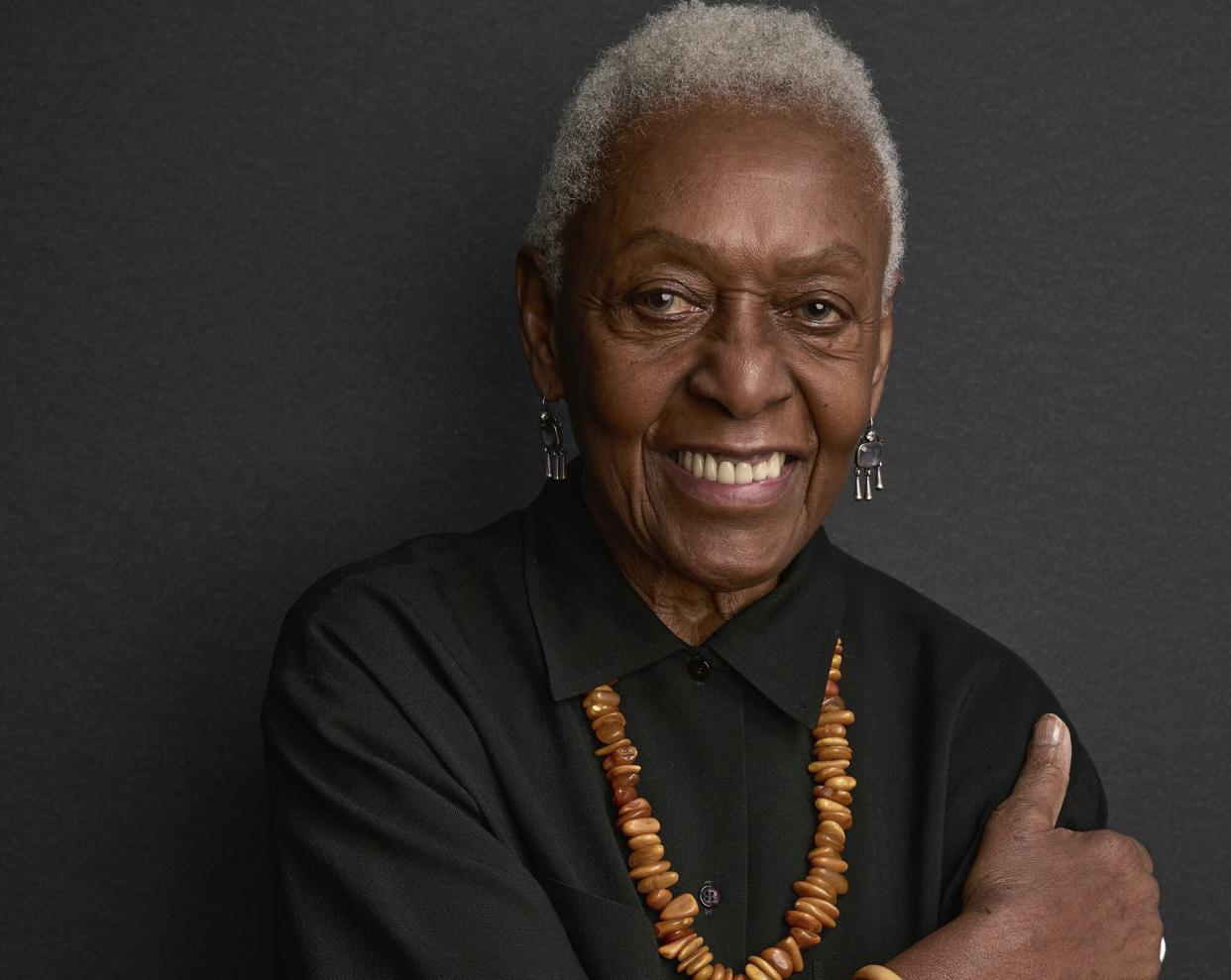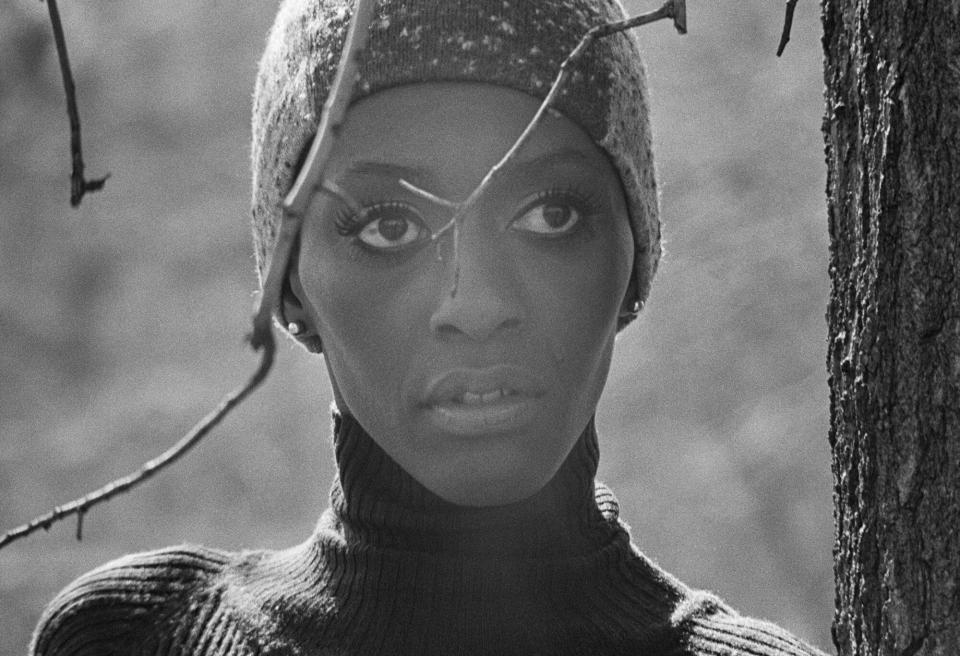How Bethann Hardison Fought for Diversity in Fashion: 'They Were Saying, "No Blacks, No Ethnics"'

Bethann Hardison walks the walk — on the runway, and when it comes to effecting change.
The model, agent and self-proclaimed "revolutionary" has long been fighting for representation in the fashion industry. After modeling in the '70s and working as an agent — including with her own agency — in the '80s and '90s, she felt called upon to step up her efforts and be a larger voice in the industry.
She cofounded the Black Girls Coalition in 1988 with fellow model and close friend Iman to provide advocacy and support for Black models, and she's a part of PEOPLE's Women Changing the World.
An influx of White models to the runways in the '90s continued to fuel her mission, she tells PEOPLE. In her quest for representation, Hardison, 80, wrote open letters to the Council of Fashion Designers of America, as well as the most powerful groups in Europe "that dictated fashion," she adds.

Chelsea Lauren/Shutterstock
With her letters, she called out these governing bodies for enabling an industry that didn't have space for people of color. "I listed all those designers that were guilty, and then I sent it to the press," she says. "It was basically: If you continue to use one model [of color] or two, season after season, the result, no matter the intention, is racism."
Hardison, who started her fight for models of color, branched out in her representation efforts to include designers and brands who "hadn't had the opportunity to be seen." Now, she's also the subject of a new documentary called Invisible Beauty, dedicated to her career in fashion.
The documentary focuses on Hardison's decades-long journey, largely starting with the point when she realized that casting agents were shutting down the path for models of color. "They were saying, no Blacks, no ethnics," Hardison tells PEOPLE of what she saw happening repeatedly.
"It's not deep to me to hear that," Hardison says, adding that it was common at the time for castings to search for models based on skin color or hair color because it's such a "physical" job. "I had to use it to indicate to others what rabbit hole we'd be going down. It was becoming consistent, and that was the problem."
RELATED: Iman Talks Black Excellence in Fashion — and What the Industry Still Needs to Do Better

Bruce Weber
Never miss a story — sign up for PEOPLE's free weekly newsletter to get the biggest news of the week delivered to your inbox every Friday.
Hardison says it went on season after season and the "market wasn't yielding."
She got a call from Naomi Campbell in the late '90s, after Hardison had left agency work, pleading with her to come back and help with the race concerns. She quickly realized that this fight was so much more than it was before.
"This was a bigger scale," Hardison says. "This had become global."
Over the years, Hardison has continued the fight for representation — which can be seen in Invisible Beauty — but she's taken a step back from the modeling industry, which she declare has "Greatly improved."
"It's very much going in that direction of being integrated completely," she says. "I know that they're working and they have been for the last two years."
Hardison, an inspiration to many, says that women who paved other trails helped her stay motivated.
"Sometimes people say to me, 'Weren't you scared?' " she says. "But I was always inspired by people who lacked fear."
RELATED: Celebrity Women Share the Women Who Most Inspire them
Someone like Harriet Tubman comes to mind immediately for Hardison. But she also has found inspiration in Toni Morrison, Lena Horne, Josephine Baker and Nancy Pelosi, as well as people she considers part of the next generation of change-makers, including Aurora James, Kendrick Lamar and Harry Styles.
"There are people like that, who you admire from afar that remind you that you have to have no fear," Hardison says. "They help keep our society moving along in a positive way and keep people happy."

